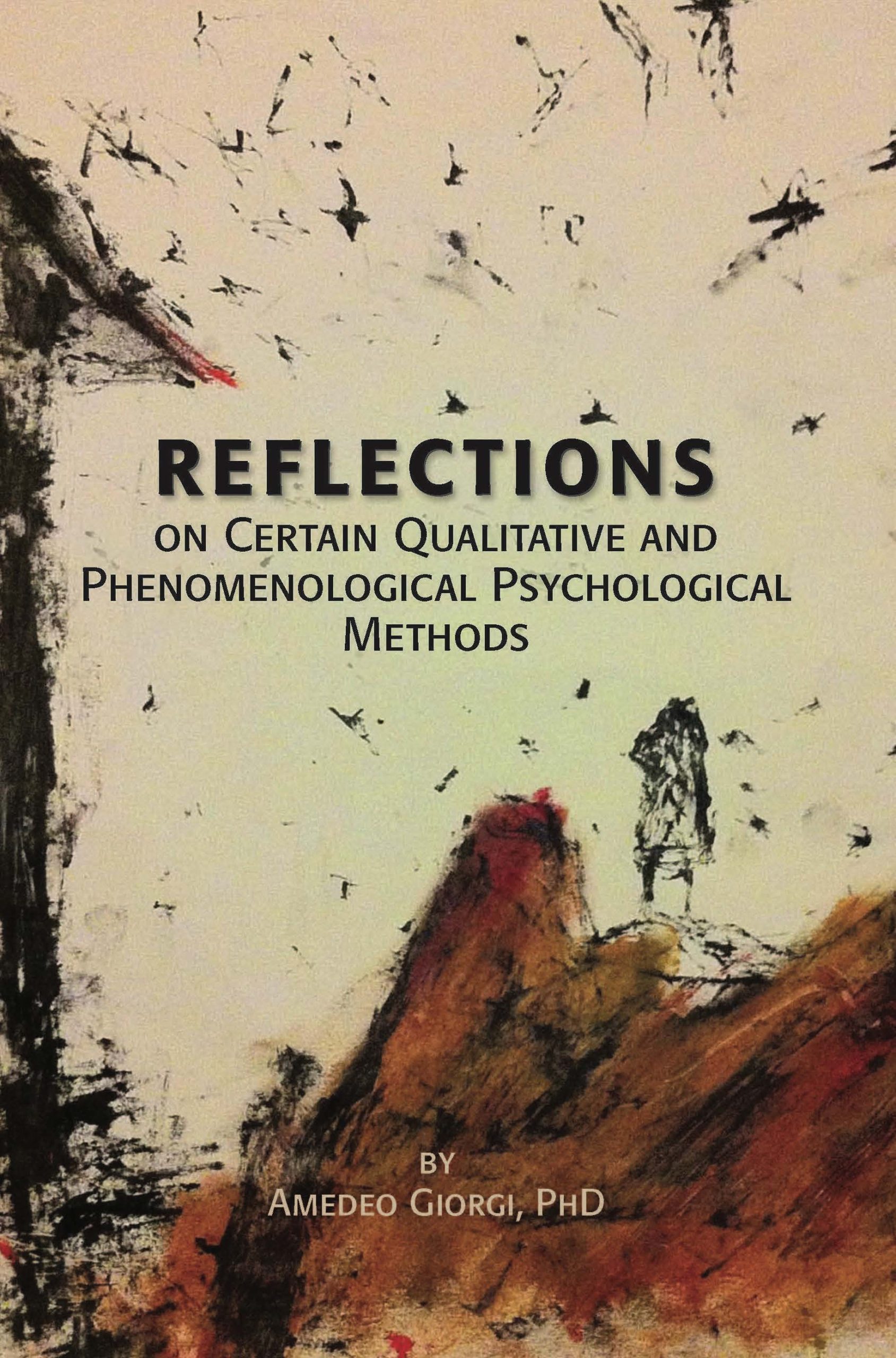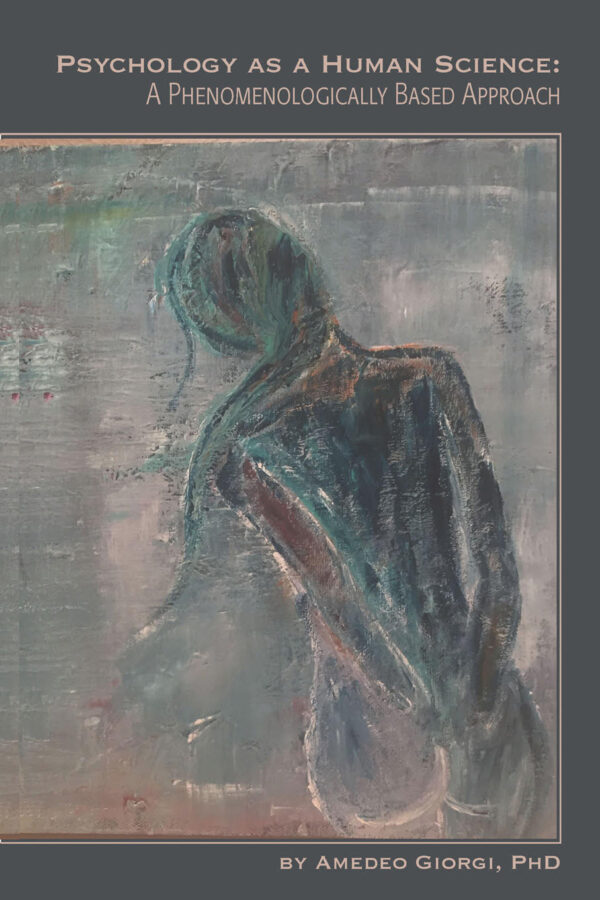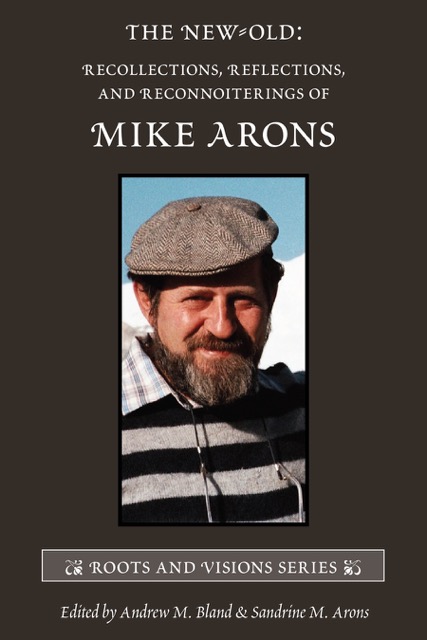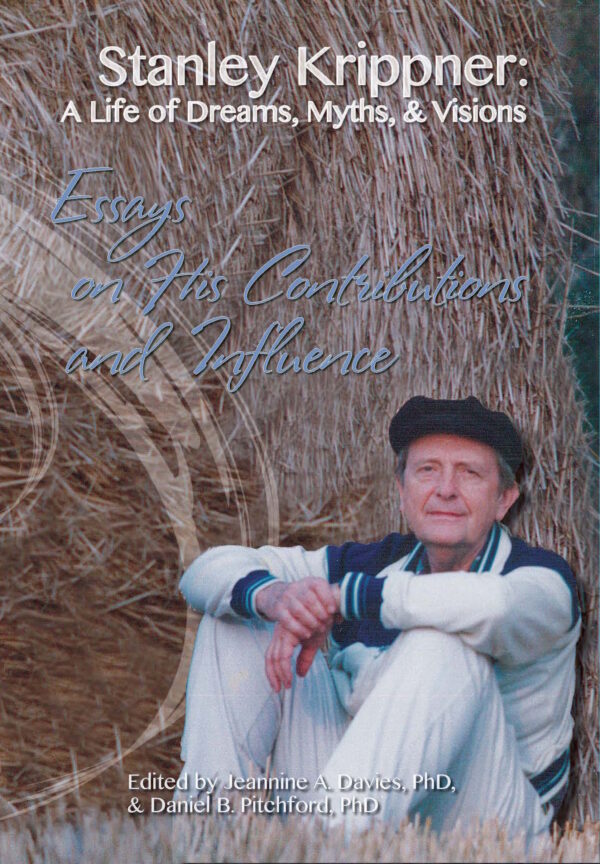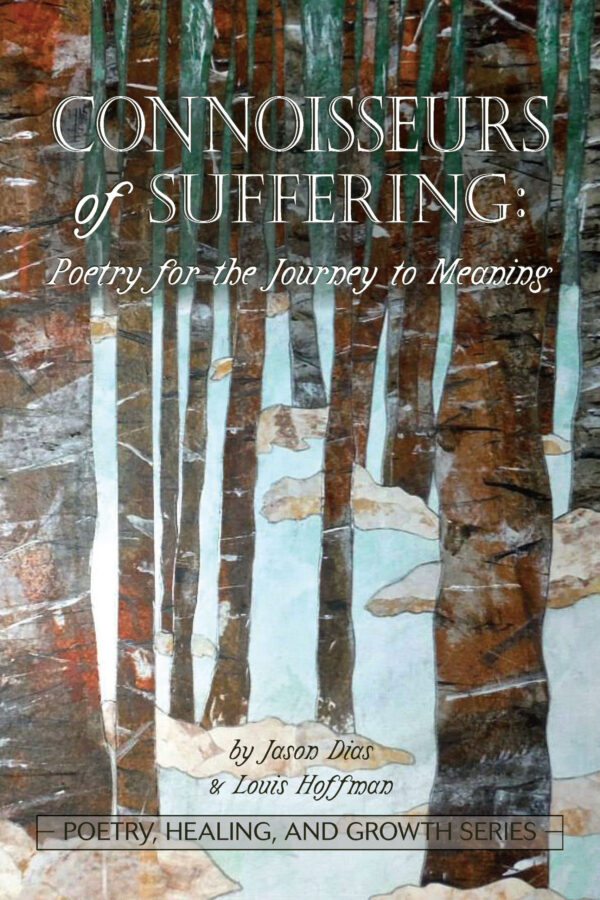Product Description
In his latest book, Giorgi confronts several current traditions in qualitative research including grounded theory, hermeneutics, descriptive phenomenology, and heuristic research, and offers critical discussion of their underlying philosophical positions, as well as the possibility for engaging in human science research drawing from more than one position. His clarifying distinctions between various uses of interpretation, including its more limited application within his own descriptive phenomenological method, advances our understanding of an old controversy within phenomenological psychology: where does descriptionstop, and at what point do researchers find themselves engaging in one or another form of interpretation? More importantly, Giorgi offers incisive definitions of what constitutes description as well as what constitutes the psychological attitude that underlies it.
Beyond his definitions and comparisons, Giorgi also offers one of his best demonstrations of the method in a return to his earlier research on learning, this time bringing out the meaning of Husserl’s noetico-noematic method in his analysis of learning. The volume concludes with a critique of the recent trend toward “naturalizing” phenomenology, reaffirming that phenomenology is not only non-naturalistic, but anti-naturalistic.
A solid, sustained analysis and clarification of where we stand today in some of the qualitative methods that have helped to shape psychology’s advance in its own methodological self-understanding.
Scott Churchill, PhD
Editor, The Humanistic Psychologist
Professor, University of Dallas
Over a half century ago, Amedeo Giorgi was a pioneer in establishing a human ‘scientific’ alternative to psychology’s reliance on the methodologies of the physical sciences. Before Giorgi, while critiques of psychology’s reductionism were plenty, these same critics too often defaulted to the selfsame methods that accompanied the actual materialistic approaches they were critiquing. Psychologists were restricted to the methodological straitjacket of an empiricism that forced meanings into experimental measurables. A truly ‘human’ psychology could not be fully realized without a methodology in keeping with what is unique to the human domain: meaning-making and subjectivity itself. Giorgi changed all of this by developing a simple, yet step by step, systematically descriptive procedure for studying the inherently psychological dimension of lived experience and meaning. What was not simple was the systematic theoretical underpinnings he gave to this methodology through the application of phenomenological epistemology to this new approach to psychological research. Any qualitative methodology that does not escape the metaphysics and epistemology of empiricism will perpetually work against itself. To this end, Giorgi takes up Husserl’s theory of intuition as the correct and necessary epistemological foundation to a truly psychological psychology.
While a plethora of new qualitative methodologies have mushroomed since the 90s (some deriving from Giorgi’s own work), few of these methods affirm the phenomenological theory of science that grounds Giorgi’s approach. One could say that the current standing of qualitative psychology is one that is dominated by the ubiquitous relativistic dogma that “everything is an interpretation.” While the anti-science trend of postmodernism and the relativism of constructivism have long departed the fields of philosophy and the other humanities, this lingering influence on qualitative research in psychology maintains a pervasive hold. In due time, as these trends necessarily dissipate, qualitative psychologists may soon rediscover in Giorgi what was always there at the very birth of qualitative psychology—a time-tested rigorous methodology grounded in a phenomenological philosophy of science.
These essays reveal Giorgi in his prime as he surveys the current field of qualitative psychology. Drawing on a rich 60-year career as one of psychology’s most distinguished theoretical psychologists, we see Giorgi take up the issues crucial to the possibility of a truly qualitative psychology. Non-phenomenological as well as pseudo-phenomenological methods are critically distinguished and evaluated with discernment and care. We see in these important essays an unrelenting passion for the possibility of a psychology fitting to its name—a science of the human spirit.
James Morley, PhD
Professor of Clinical Psychology
Ramapo College of New Jersey
Giorgi drills deeper and more detailed into the salient issues of scientific phenomenological research. He provides a collegial critique of others’ works that is inspired by phenomenology, but shows in this volume how his approach is founded upon it. Giorgi’s over 50-years of contributions to human science research are further clarified in this collection of essays. Anyone embarking on a phenomenological approach in his or her research would be better prepared by studying this book.
Rodger Broomé
Assistant Professor, Utah Valley University
